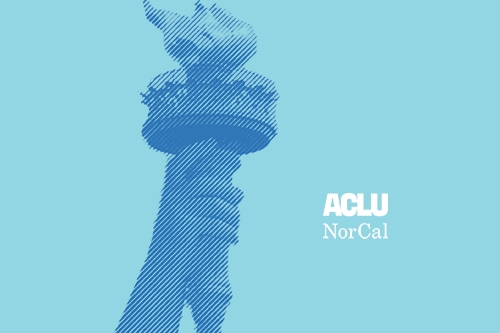Article Media

San Francisco – As spending on California's massive prison system continues unabated, Governor Schwarzenegger's office has declared that the revised budget to be released tomorrow will propose "absolutely terrible cuts." The American Civil Liberties Union, Drug Policy Alliance and Ella Baker Center for Human Rights call on the Governor to choose three effective, budget-saving reforms over wasteful corrections spending.
Californians are already living with over-crowded classrooms, higher fees for college, bare bones health care, and fewer public services. Meanwhile, the California Department of Corrections and Rehabilitation (CDCR) overspent its budget again – by nearly $500 million so far. In addition, a recent investigation by the Sacramento Bee brought to light disturbing allegations of abuse, racial bias and misconduct by prison guards, raising more questions about CDCR's commitment to rehabilitation and stewardship of public funds.
So that public safety dollars are used wisely to protect California communities, we recommend the following common-sense, budget-saving reforms:
- Reserve prison for serious offenses: Two-thirds of California inmates are in prison for non-violent, property or drug offenses. Prison cells are expensive and should be reserved for people who commit serious crimes. Those convicted of petty drug and property crimes should be dealt with at the local level. Three changes can achieve this: (1) people found in possession of small amounts of drugs should not be sent to prison; (2) certain property crimes that can be charged as either a felony or misdemeanor should be treated as misdemeanors only; and (3) the dollar threshold defining when property theft is a felony should be adjusted based on inflation. These changes have been endorsed by the Governor, the CDCR and the Legislative Analyst's Office, and would save $292 million annually.
- Ensure fair sentencing and rehabilitation for youth: Youth in California serve the longest average sentences in the nation. Currently, the Division of Juvenile Justice (DJJ) has the ability to keep youth locked up longer by giving them "time adds" based on behavior. Time adds account for one third of all custody time in DJJ. Assembly Member Nancy Skinner's bill, AB 999, would eliminate time adds and establish an incentive program in which young people can earn credits for program participation. AB 999 would cut state costs by over $130 million and would lead to further facility closures by reducing the number of young people in state custody.
- Restore rehabilitation programs at the state and local level: Last year, the CDCR cut $260 million from rehabilitation and treatment programs in prison. This year, the Legislature has threatened to eliminate all funding for Prop 36 drug treatment programs. These cuts will only lead to more incarceration. Instead, the Legislature should invest $30 million in available federal Byrne Grants – funds available for drug treatment – into Prop 36 programs. Criminal justice experts have all agreed: real, effective rehabilitation for non-violent drug and property offenders reduces crime and ultimately reduces corrections spending. According to UCLA research, every dollar invested in Prop 36 cuts state costs by $2 to $4 – primarily in incarceration costs.
All Californians should demand a just budget: Sacramento must end the waste in corrections, ensure that public safety dollars are used effectively, and protect all Californian communities by preserving funding for education, rehabilitation, and core social services.
